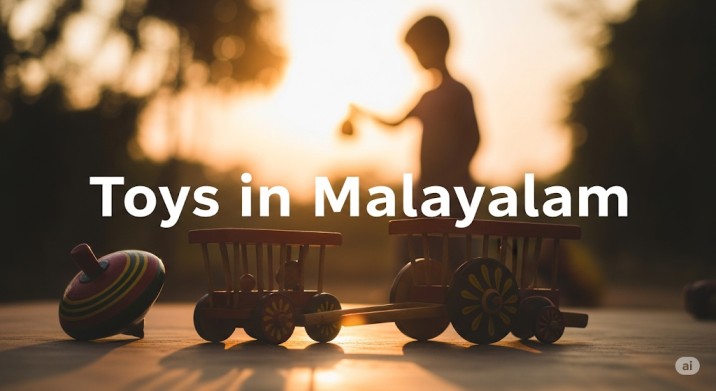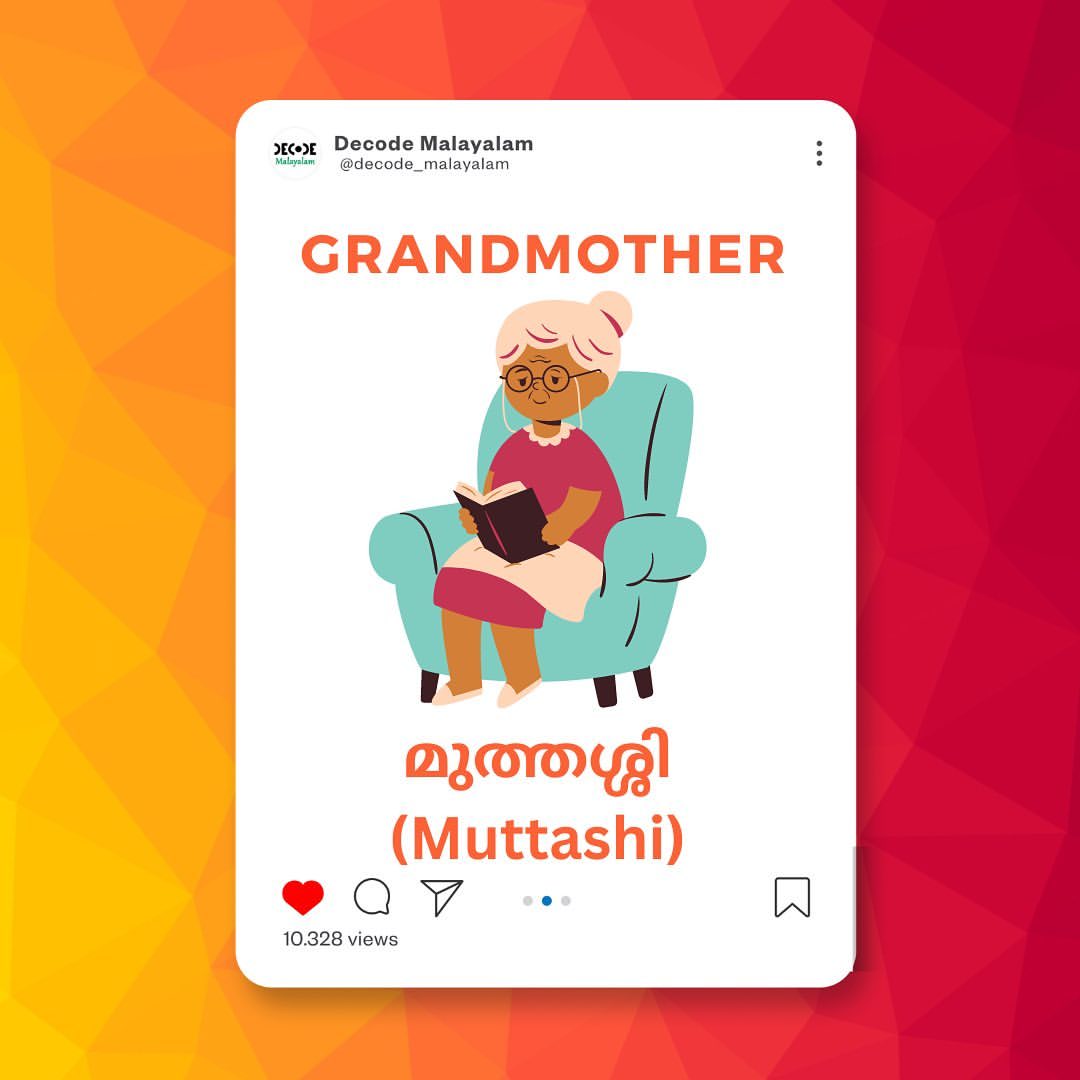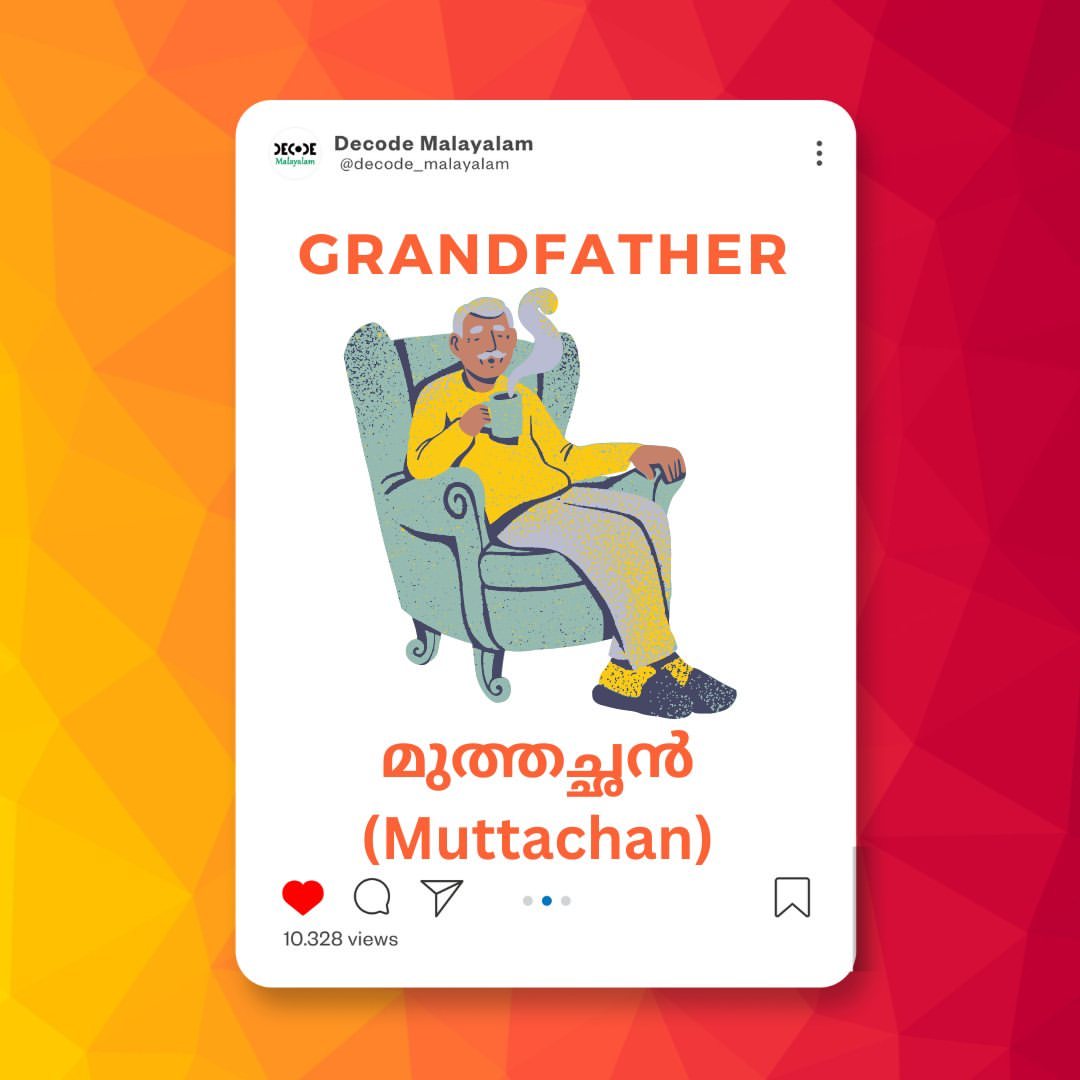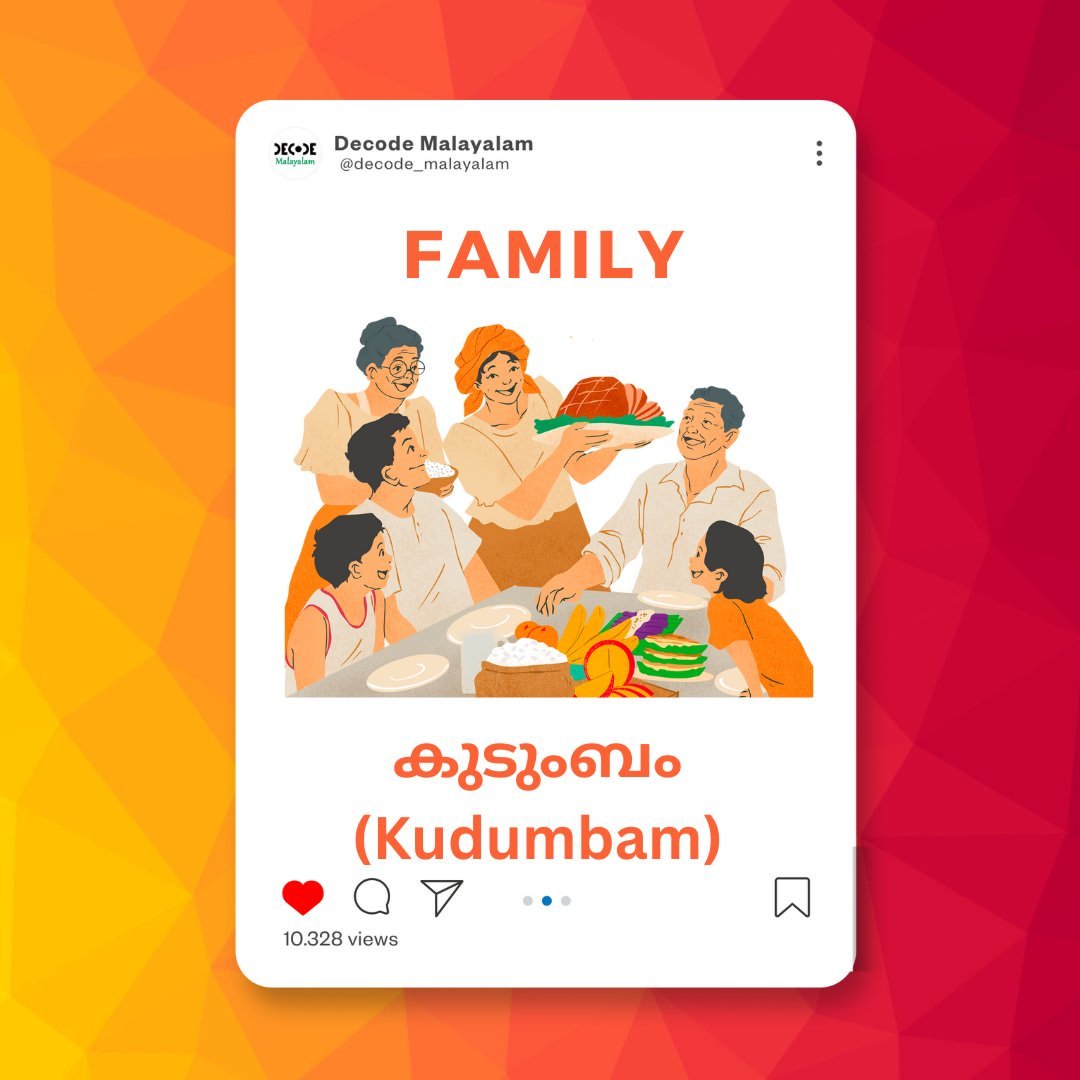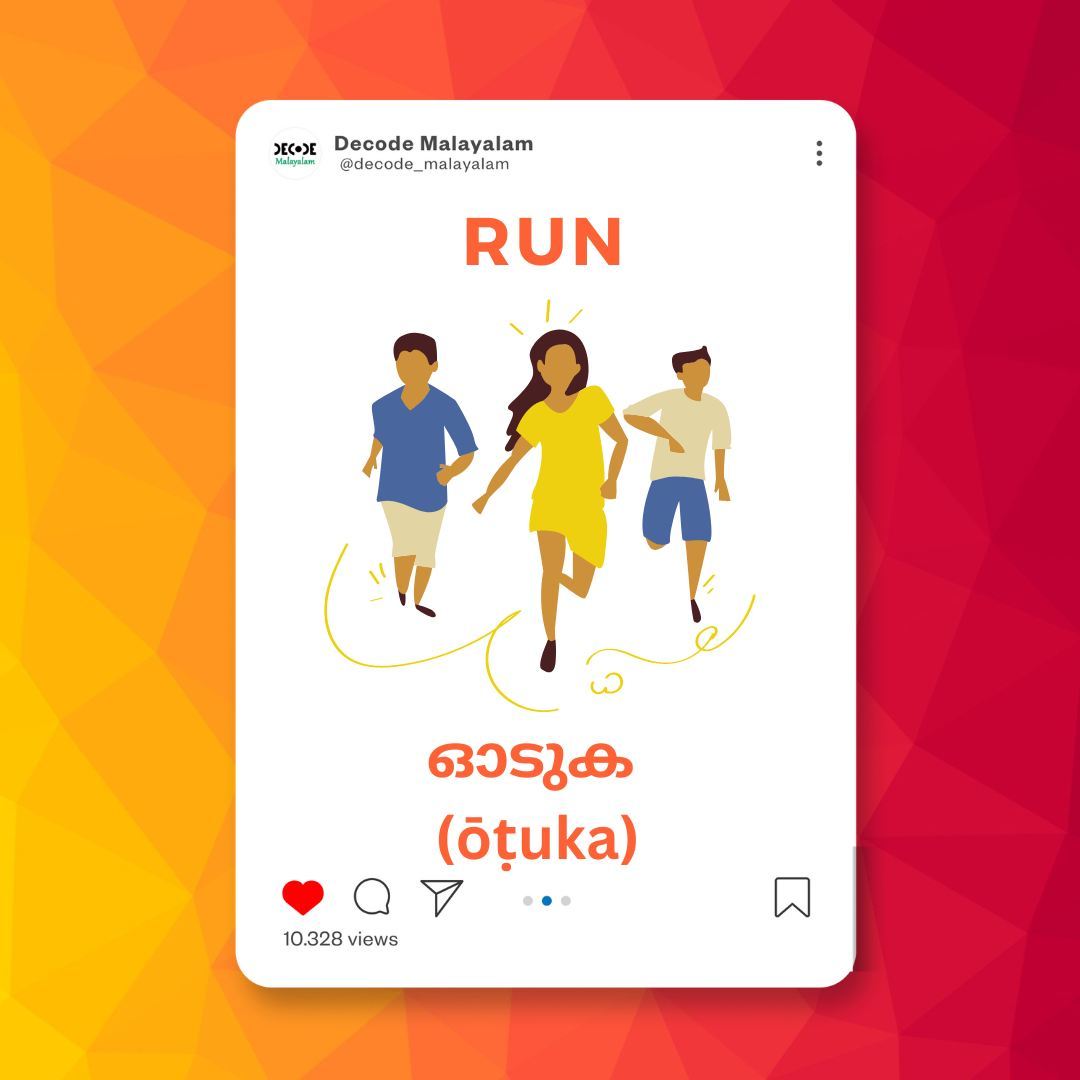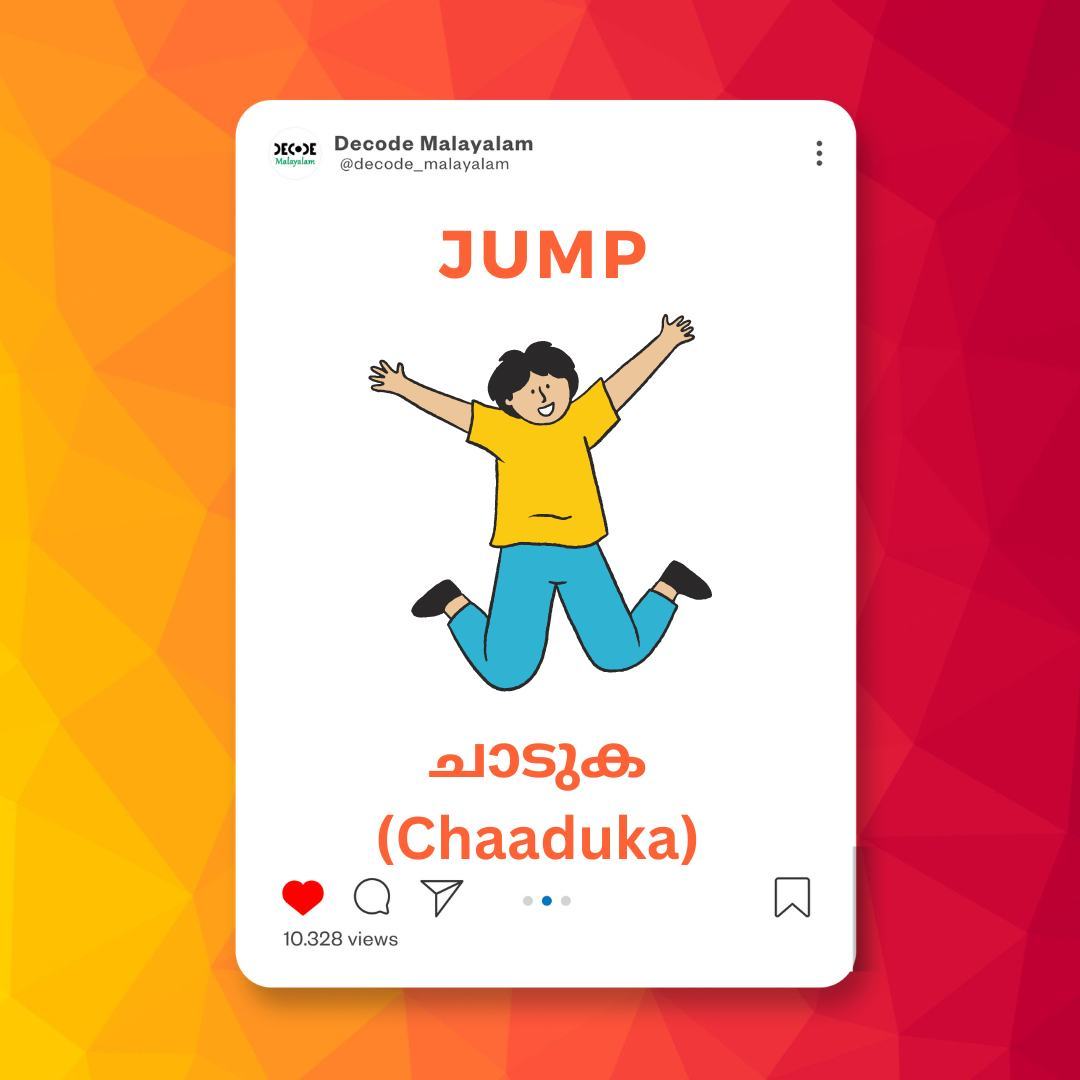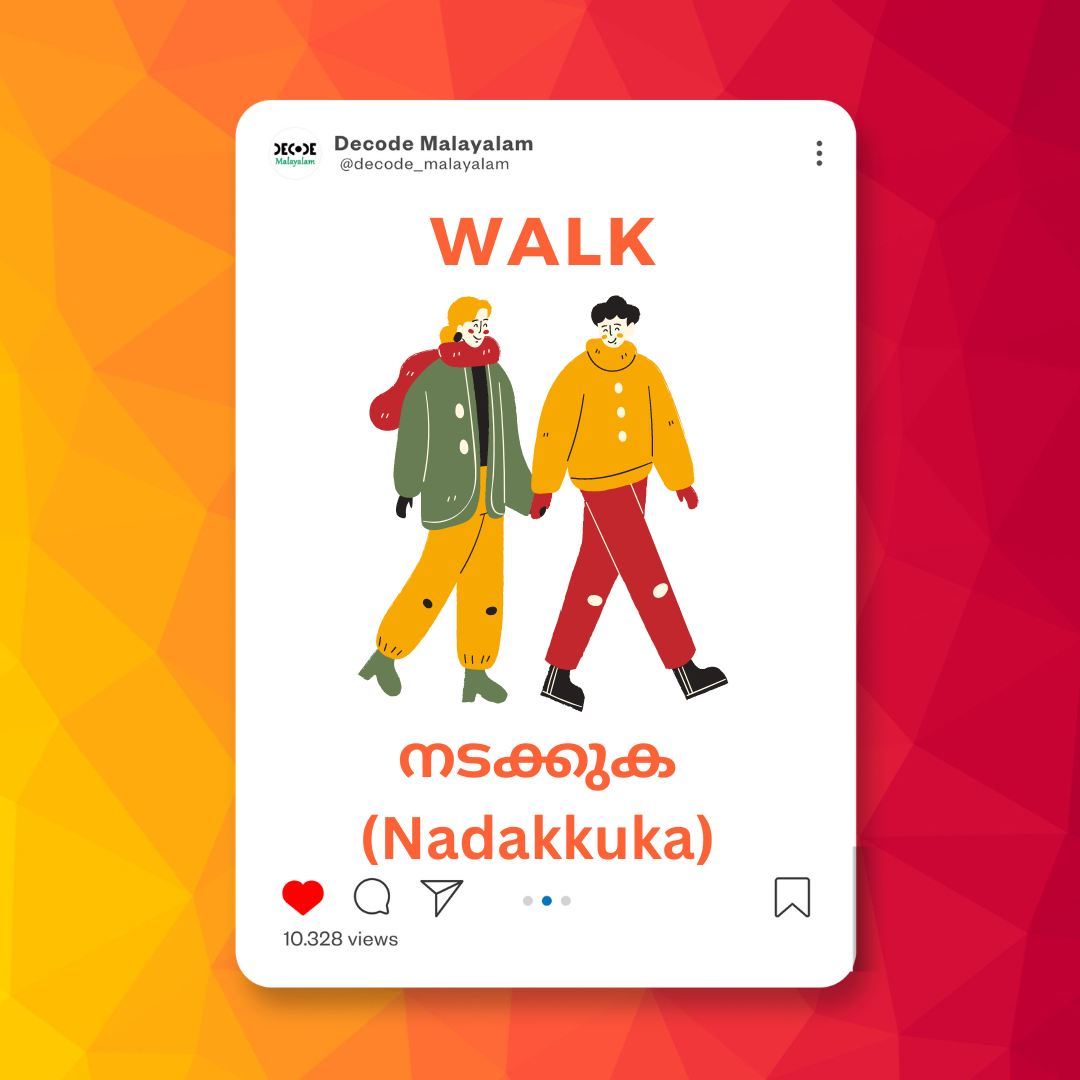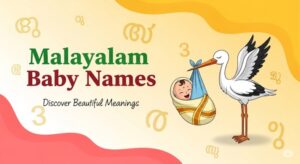Toys in Malayalam: A Playful Guide for Students & Kids Abroad
Kerala, often known for its stunning natural beauty and rich cultural heritage, is also a place where childhood is celebrated with joy and traditional games. For students and kids learning Malayalam from abroad, understanding the vocabulary related to **”toys in Malayalam”** isn’t just about expanding your language skills; it’s about connecting with the playful side of the culture, imagining fun activities, and perhaps even asking for your favorite **”toy items in Malayalam”** during your next visit!
This comprehensive guide will take you on a joyful journey through the world of play, introducing you to a wide array of toys and play items in Malayalam, along with their English translations. We’ll cover everything from classic toys to popular games, making sure you’re well-equipped to talk about playtime with your friends and family. Let’s dive into the fun!
Why Learn Toy Vocabulary in Malayalam?
Learning about toys and play in any language is a fantastic way to engage with the culture and daily life. For young learners and students, it offers several benefits:
- Practicality: You’ll be able to identify, ask for, and discuss various types of toys and games when you interact with Malayalam speakers.
- Cultural Connection: Toys and games are often deeply rooted in culture. Learning these terms helps you understand traditional Kerala childhood experiences.
- Engagement & Fun: Toys are inherently interesting and a source of joy! Learning these words can make language acquisition more enjoyable and memorable.
- Building Foundational Vocabulary: Many toy-related terms are basic and frequently used, forming a crucial part of everyday conversation, especially for kids.
- Descriptive Skills: You’ll be able to describe your favorite toys, what they look like, and how you play with them.
The Basics: General Terms for Play and Toys
- Play: കളി (kali)
- To play: കളിക്കുക (kalikkuka)
- Toy: കളിപ്പാട്ടം (kalippaattam)
- Game: കളി (kali)
- Playing field/Ground: കളിസ്ഥലം (kalisthalam)
- Fun: വിനോദം (vinodam) / രസകരമായ (rasakaramaaya)
Popular Toy Items in Malayalam: A World of Fun!
Dolls and Figures
- Doll: പാവ (paava)
- Teddy Bear: ടെഡി ബെയർ (teddy bear)
- Action Figure: ആക്ഷൻ ഫിഗർ (action figure)
- Robot: റോബോട്ട് (robot)
- Stuffed Animal: പാവ മൃഗം (paava mrugam)
Vehicles
- Car: കാർ (car) / വണ്ടി (vandi)
- Truck: ട്രക്ക് (truck)
- Bus: ബസ് (bus)
- Train: ട്രെയിൻ (train)
- Aeroplane: വിമാനം (vimaanam)
- Bicycle: സൈക്കിൾ (cycle)
- Boat: ബോട്ട് (boat) / വഞ്ചി (vanchi)
- Motorcycle: മോട്ടോർ സൈക്കിൾ (motor cycle)
Building and Construction
- Building Blocks: ബിൽഡിംഗ് ബ്ലോക്കുകൾ (building blockukal)
- Lego: ലെഗോ (Lego)
- Jigsaw Puzzle: ജിഗ്സോ പസിൽ (jigsaw puzzle)
Outdoor Play
- Ball: പന്ത് (panth)
- Bat: ബാറ്റ് (bat)
- Kite: പട്ടം (pattam)
- Jump Rope: കയർ ചാട്ടം (kayar chaattam)
- Swing: ഊഞ്ഞാൽ (oonjaal)
- Slide: സ്ലൈഡ് (slide)
- Balloons: ബലൂൺ (baloon)
Educational and Board Games
- Board Game: ബോർഡ് ഗെയിം (board game)
- Chess: ചെസ്സ് (chess)
- Ludo: ലൂഡോ (ludo)
- Carrom Board: കാരം ബോർഡ് (carrom board)
- Cards: കാർഡുകൾ (cardukal)
- Colouring Book: കളറിംഗ് ബുക്ക് (coloring book)
- Crayons/Color Pencils: ക്രയോൺസ് / കളർ പെൻസിലുകൾ (crayons / color pencilukal)
- Play-Doh: പ്ലേ-ഡോ (play-doh)
- Musical Instrument: സംഗീതോപകരണം (sangeethopakaraNam)
Useful Phrases for Talking About Toys and Play
Here are some phrases that will come in handy when discussing toys and playtime:
- Let’s play!: നമുക്ക് കളിക്കാം! (namukku kalikkam!)
- What do you want to play?: നിനക്ക് എന്ത് കളിക്കാനാണ് ഇഷ്ടം? (ninakku enth kalikkaanaanu ishtam?)
- I like this toy.: എനിക്ക് ഈ കളിപ്പാട്ടം ഇഷ്ടമാണ് (enikku ee kalippaattam ishtamaanu)
- Let’s play outside.: നമുക്ക് പുറത്ത് കളിക്കാം (namukku purath kalikkam)
- Can I play with you?: ഞാൻ നിങ്ങളോടൊപ്പം കളിക്കട്ടെ? (njaan ningalodoppam kalikkatte?)
- This is my favorite toy.: ഇത് എന്റെ ഇഷ്ട കളിപ്പാട്ടമാണ് (ithu ente ishta kalippaattamaanu)
Engaging Activities for Young Learners
Making learning fun and interactive is the best way for kids to grasp new vocabulary. Here are some activities for **”toys in Malayalam”**:
- Toy Naming Game: Gather a few toys. Point to each one and say its Malayalam name. Ask the child to repeat.
- “My Favorite Toy” Presentation: Encourage kids to pick their favorite toy and describe it in Malayalam.
- Toy Shop Role-Play: Set up a pretend toy shop. The child can be the customer, asking for “കളിപ്പാട്ടം” (kalippaattam).
- Flashcards with Pictures: Create flashcards with images of toys on one side and their Malayalam names on the other.
Conclusion
Diving into the world of **”toys in Malayalam”** is a wonderful way for students and kids learning the language from abroad to connect with the joyous spirit of childhood in Kerala. By learning these **”toy items in Malayalam”** and related play vocabulary, you’re not just expanding your linguistic skills; you’re opening up avenues for imaginative play, cultural understanding, and fun-filled conversations. Keep exploring, keep playing, and keep decoding Malayalam in the most enjoyable ways possible!
Ready to master Malayalam? Contact us for a free demo!
